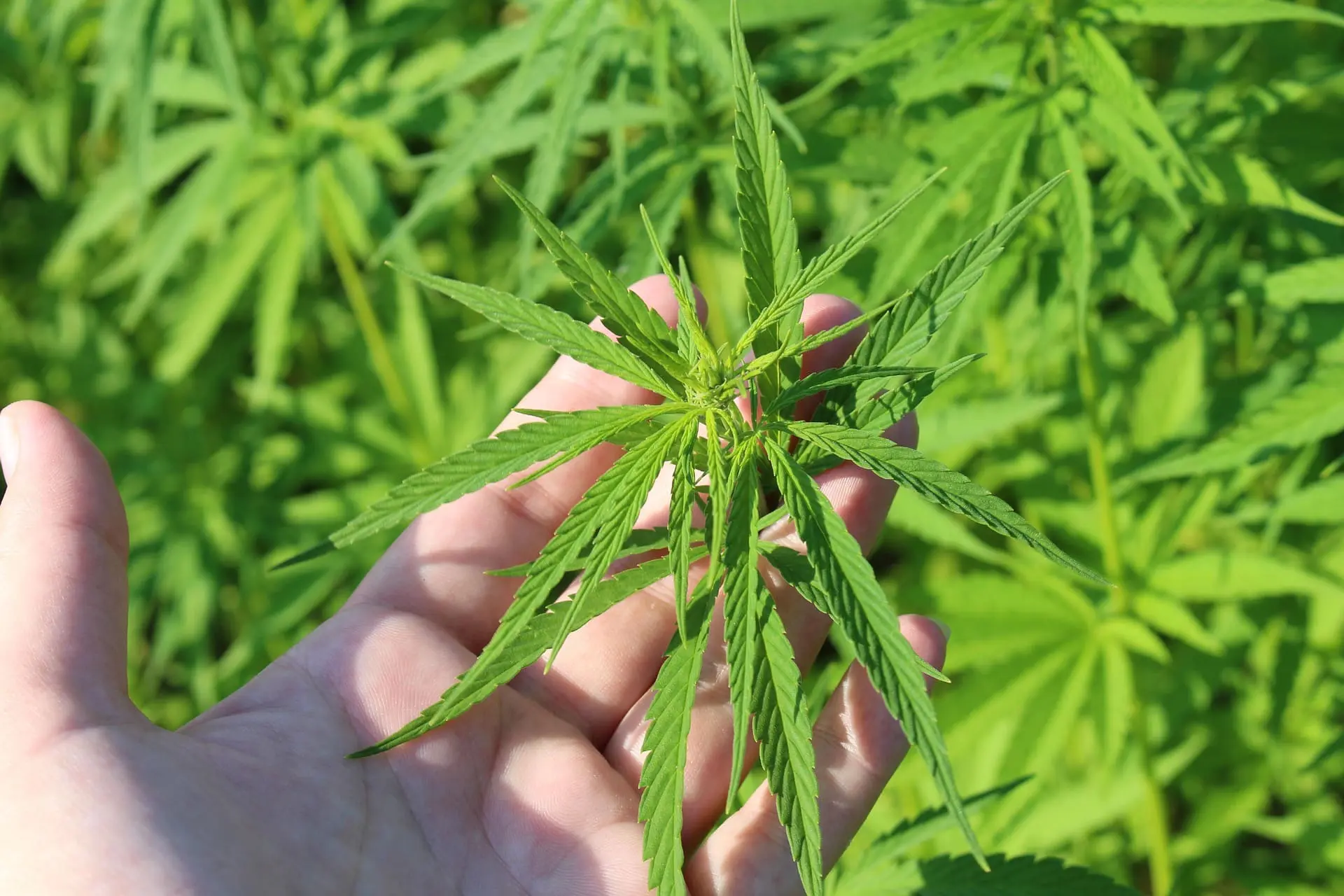Science & Health
The Soil Cannabis Is Grown In Affects THC, CBD And Terpene Levels, Federally Funded Study Shows

Bioactive compounds in cannabis are significantly impacted by the chemical composition of the soil the plants are grown in, according to a new federally funded study.
“The outcome of this study provides outdoor growers with information on the effects soil health can have on cannabinoid and terpene content in hemp,” researchers wrote in a paper appearing in a recent issue of the Journal of Medicinally Active Plants, a peer-reviewed scientific publication. “Poor soil quality appears to result in higher levels of THC production, whereas higher soil quality may result in higher levels of the precursor cannabinoid, CBG.”
This finding suggests that farmers may be able to fine-tune cannabinoid levels with soil conditions and management, not just genetics.
The study was funded by the U.S. Department of Agriculture’s (USDA) National Institute of Food and Agriculture, Penn State College of Medicine and the state-licensed medical marijuana business, PA Options for Wellness.
Researchers aimed to compare two cannabis cultivars—Tangerine and CBD Stem Cell—grown separately with cover crops (CC) and with conventional tillage fields (CF). “This study specifically looks at the tilth aspect of soil-health, comparing a CC field to CF” methods, the authors wrote. “Two cultivars of hemp were grown identically in two neighboring fields, a conventional field with tilled soil and a no-till field.”
“A comparison of hemp extracts of two different cultivars grown in both CC soil and CF soil revealed significant differences in specific cannabinoid and terpene concentration.”
The Tangerine cultivar grown in conventional soil produced cannabidiol (CBD) levels about 1.5 times higher than those grown in cover crop soil. But in the CBG Stem Cell variety, the opposite was true — CBD levels doubled in the cover crop field. The precursor cannabinoid cannabigerol (CBG) was 3.7 times higher in plants grown with cover crops, while THC, the main psychoactive compound in cannabis, was up to six times higher in plants from the tilled field.
“Soil health or soil quality are often used interchangeably; however, soil health focuses not just on the inorganic properties of soil but also on the biological properties of the soil and its abilities to promote life.”
The scientists concluded that “significant differences in cannabinoid content were observed between field types and cultivars, notably cannabidiol (CBD) levels.”
The authors note that cannabidiolic acid levels were over six times higher in cannabis grown in conventionally tilled fields. “Tangerine CC extracts and 2.2x higher in CF extracts of CBG Stem Cell, cannabigerol (CBG) levels were 3.7x higher in CBG Stem Cell extracts from CC, and Δ9-tetrahydrocannabinol (THC) were 6x higher for CF Tangerine Extracts,” they wrote.
Soil health essentially refers to the environment in which the plant is grown. The soil’s biological life can directly shape the production of cannabinoids and terpenoids that the plant uses for defense, communication and competition.
Soil itself is an ecosystem of microbes, fungi, minerals and organic matter that feeds and communicates with plant roots. Practices like cover cropping and no-till farming are known to enhance this biological web, improving carbon retention and nutrient cycling. The new study adds chemical composition of the resulting plants to the list of factors potentially shaped by soil.
“It therefore appears that hemp in [cover crop] fields may help to reduce differences in terpene content despite innate differences due to cultivar genetics. This outcome adds to the growing body of evidence suggesting a relationship between the genetics of the hemp cultivar and its effect on soil nutrient uptake…”
The authors caution that more research is needed to determine “levels of the enzymes responsible for converting CBG into CBD, THC, and CBC,” which could offer clues into why CBG levels accumulate in plants grown in cover-crop fields.
“When it comes to the biosynthesis of these compounds, studies have described shared precursors between cannabinoids and terpenoids along with evidence of genetic variation for specific enzyme synthases of individual cannabinoids and terpenoids,” the authors observed.
“This is the first study to show differences in extract composition of outdoor cultivated hemp grown in different soil conditions,” the paper notes.
This comes as more attention is paid to best practices for growing cannabis. Earlier this year, an industrial farmer said expanding the hemp supply chain in South Dakota will bring more small processing and manufacturing into the state, and pull heat-trapping carbon dioxide from the atmosphere.
More research is being done to examine various chemical compounds of interest to scientists. Researchers have conducted the first comprehensive sensory-guided study of the odor-active compounds in dried cannabis flowers, uncovering dozens of previously unknown chemicals that shape the the plant’s distinct fragrance. The findings expand scientific knowledge of marijuana beyond the common understanding of terpenes, CBD and THC.
How marijuana is handled after harvest—specifically, how the plant is dried before packaging—can have a significant impact on product quality, a study showed, including with respect to preserving terpenes and trichomes, according to a pair of recently published white papers.



